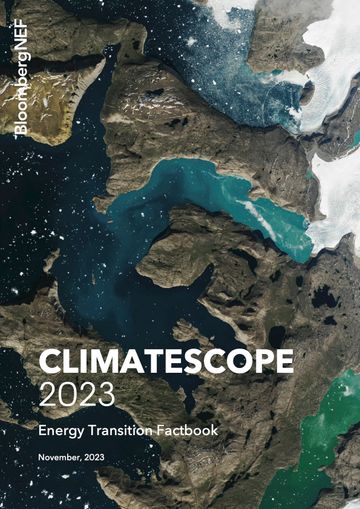Moldova
With a power score of 1.84, Moldova ranks number 45 among emerging markets and number 72 in the global power ranking.
- Emerging markets
- Europe
1.84 / 5
Power score
+11 places
Global power rank change
Overview
Moldova has a power score of 1.84, which puts it at rank 72 in the global power ranking, and rank 45 in the emerging markets power ranking. In comparison to 2021, Moldova has improved in the power rankings by 30 places, from rank 102, to rank 72.
At 1.84, the power score of Moldova is lower than the regional average of 2.18 in the Europe region.
Regional power score comparison
Power
Power policy
Moldova implements policies in 6/6 power policy categories tracked by Climatescope, including Renewable energy target, Renewable energy auction, Feed-in Tariff, Net Metering, Import tax incentives, VAT incentives.
Power policies
Power prices and costs
The average electricity price in Moldova has increased from 94.45 USD/MWh in 2021 to 108.62 USD/MWh in 2022. Since 2017, the average electricity price in Moldova has fluctuated between 94.45 USD/MWh (2021) and 118.8 USD/MWh (2018).
Power market
The top amount of capacity installed in Moldova in 2022 was in Natural Gas at 56.77%, down from 57% in 2021. The technology with the biggest increase in capacity installed in 2022 was Solar PV at 1.14%, up from 0.73 in 2021.
Installed capacity (in MW)
Electricity generation (in GWh)
The largest electricity generating technology in Moldova in 2022 was Natural Gas, generating some 79.11% of electricity, down from 79.27% in 2021. The technology with the biggest increase in eletricity generation in 2022 was Small Hydro at 4.07%, up from 3.8% in 2021.
Utility privatisation
Which segments of the power sector are open to private participation?
Type
Question
Availability
Wholesale power market
Does the country have a wholesale power market?
Doing business and barriers
Type
Question
Availability
Currency of PPAs
Are other PPAs (eg. corporate PPAs) signed in or indexed to U.S. Dollars or Euro?
Type
Question
Availability
Bilateral power contracts
Can a C&I (Commercial and Industrial) customer sign a long-term contract (PPA) for clean energy?
Type
Question
Availability
Fossil fuel price distortions - Subsidies
Does the government keep the wholesale price of electricity from fossil fuels artificially low through subsidies?
Type
Question
Availability
Fossil fuel price distortions - Taxes and carbon prices
Does the government significantly increase the wholesale price of electricity from fossil fuel through targeted taxes and/or carbon prices?
Transport
Transport policy
Moldova implements policies in 1/9 transport policy categories tracked by Climatescope, including Clean transport target, National ICE phase-out, EV purchase grant/loan incentive, EV VAT reduction/exemption, EV import tax reduction/exemption, EV income tax reduction/exemption, EV recurring tax reduction/exemption, EV charging infrastructure target, E-bus target.
Transport policies
Type
Question
Availability
Fuel economy standards
Does the country have a fuel economy standard in place?
